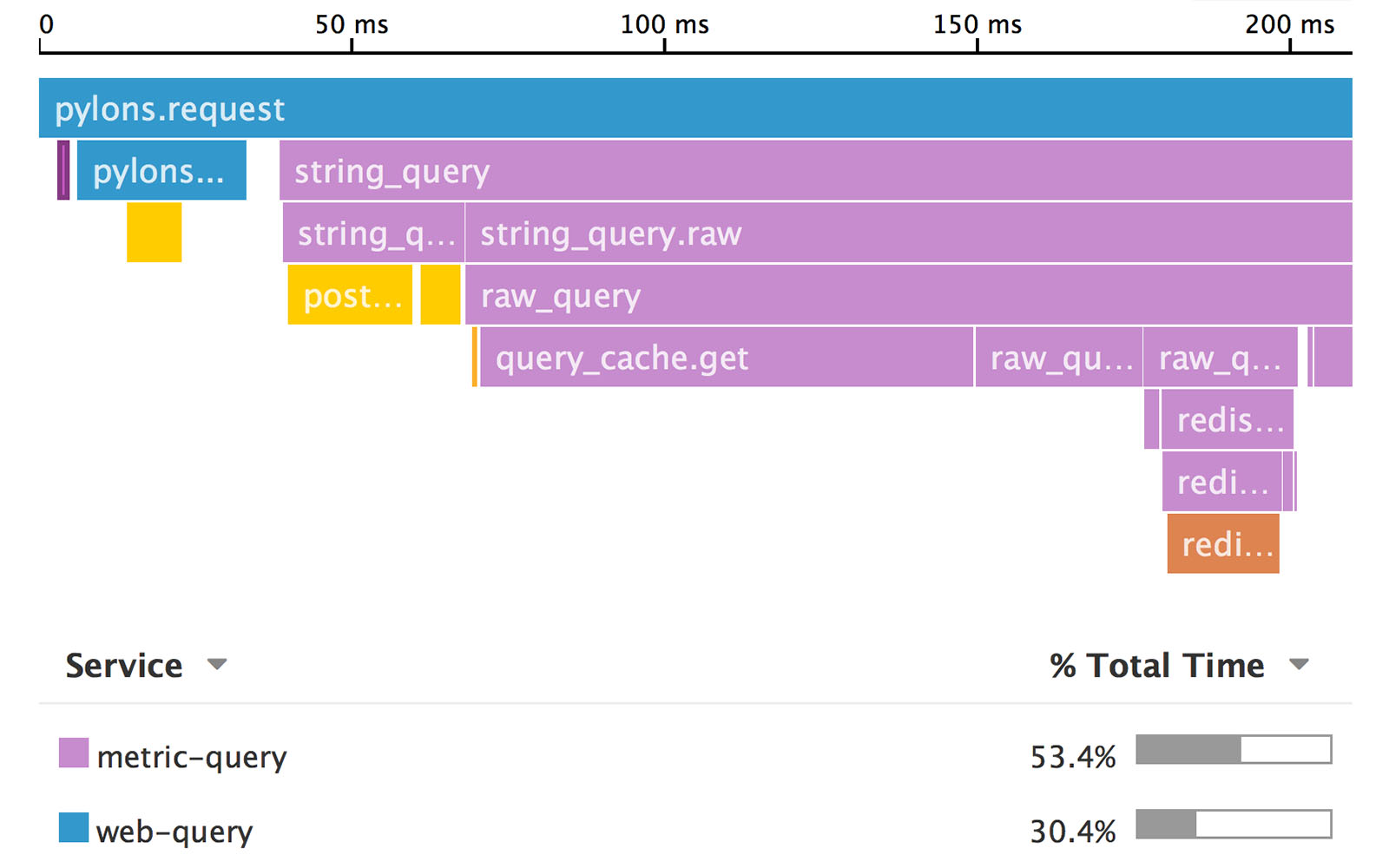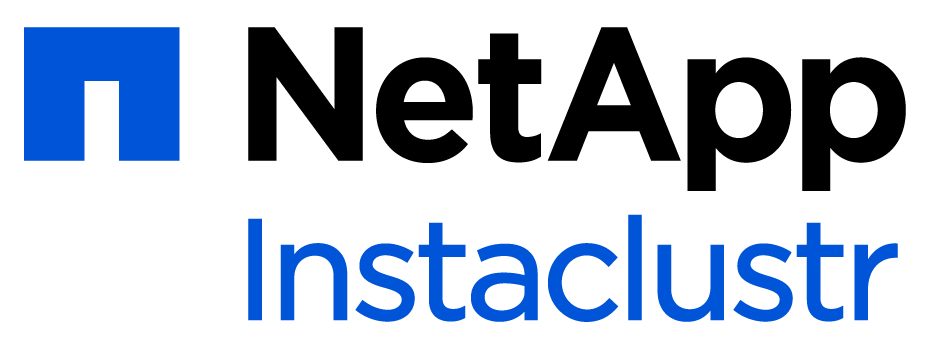DataDog Monitoring Integrates with AWS CodeDeploy To Help Developers More Easily Locate, Resolve Faulty Deployments
Monitoring solution provider Datadog aims to let users more easily investigate spikes in cloud behavior and correlate those with code deployments. IDN looks at Datadog’s new integration with AWS CodeDeploy, which allows operations teams to quickly identify and resolve instances running problematic code.

Automated deployment services such as Amazon’s AWS CodeDeploy help users manage and automate application deployment across cloud instances or on-premise hosts.
One key value of these solutions is they aim to simplify how updates and changes get deployed to applications. Sometimes however such deployments fail, take too long to execute - or changes slow application performance.
Monitoring solution provider Datadog aims to help users more easily investigate irregularities in cloud behavior and correlate those with code deployments. This capability comes thanks to Datadog’s new integration with AWS CodeDeploy. “This allows operations teams to more quickly identify instances running problematic code and reduce time to resolution,” said Daniel Langer, product manager at Datadog, in a statement.
He went on to explain how Datadog’s new AWS CodeDeploy integration brings better visibility and tracking to code deployments, letting organizations “see it all in one place,” as Langer put it.
“Users can see them alongside the rest of their AWS environments and application metrics. If a system metric begins to spike, developers can correlate it with a specific AWS CodeDeploy deployment to make code-level fixes in real time,” he added.
This approach adds up to several key benefits for both IT and business, he added. Among them:
Ability to see across systems, apps, and services: with turn-key integrations, Datadog seamlessly aggregates metrics and events across the full devops stack including SaaS and Cloud providers, automation tools, monitoring and instrumentation, source control and bug tracking, databases and common server components.
Get full visibility into modern applications: monitor, troubleshoot, and optimize application performance by tracing requests from end to end across distributed systems and tracking app performance with auto-generated service overviews.
Build real-time interactive dashboards: more than summary dashboards, Datadog offers all high-resolution metrics and events for manipulation and graphing.
Share what you saw, write what you did: system events and metrics are only part of the story. Datadog is built to give visibility across teams, discuss issues in-context with production data, annotate changes see who responded to that alert before, remember what was done to fix it.
Get alerted on critical issues: Datadog notifies of performance problems, whether they affect a single host or a massive cluster.
Instrument apps, write new integrations: Datadog includes full API access to bring observability to all your apps and infrastructure.
Datadog also integrates with more than 200 infrastructure technologies, according to Langer, including a number of other AWS services. This deep attention to AWS provides "complete observability of AWS applications and infrastructure" from one place, according to the Datadog website.
In a detailed post, Datadog blogger Emily Chang expanded on the company's comprehensive coverage strategy:
Whether your infrastructure is cloud-based, on-prem, serverless, containerized, or all of the above, being able to identify and troubleshoot issues across every layer of your stack is more important than ever before - and also more challenging.
At Datadog, it’s no secret that we believe in collecting all of the data you can, and analyzing it to quickly identify and resolve performance issues. With this objective in mind, we are always working to add new integrations to get more data into Datadog, and new features to make it easier to aggregate, analyze, and make decisions based on that data.
Datadog has been frantically busy of late adding integrations across cloud and big data platforms.
With AWS, for instance, beyond AWS CodeDeploy, Datadog integrates with other key Amazon capabilities, including AWS’ Application Load Balancer, Billing, CloudFront, CloudSearch, Elastic Block Store, Elastic File System, Elasticsearch Service, Firehose, IoT, Key Management Service, Lambda, Machine Learning, Polly, Simple Workflow Service, Trusted Advisor, Web Application Firewall, and Workspaces.
Datadog also offers integrations with these popular services:
- Google Cloud Platform: Cloud Spanner, Datastore, Firebase, Functions, Machine Learning, Storage, and VPN
- Microsoft Azure: App Services, Event Hubs, IoT Hub, Logic Apps, Redis Cache, SQL Databases, SQL Elastic Pool, Storage, and VM Scale Set
- Hadoop: HDFS, MapReduce, YARN, and Spark
- Issue tracking tools: Bugsnag, JIRA, Rollbar, Zendesk
- Platforms and management tools: Ceph, CloudCheckr, Cloud Foundry, CloudHealth, Kong, Lightbend, Pusher, and Terraform by HashiCorp
- Other monitoring tools: Catchpoint, IMMUNIO, and xMatters
- DNS: DNS Service Check and PowerDNS Recursor
A full list of Datadog integrations can be found here.
AWS CodeDeploy is now available for all Datadog customers. A free trial can be requested here.







